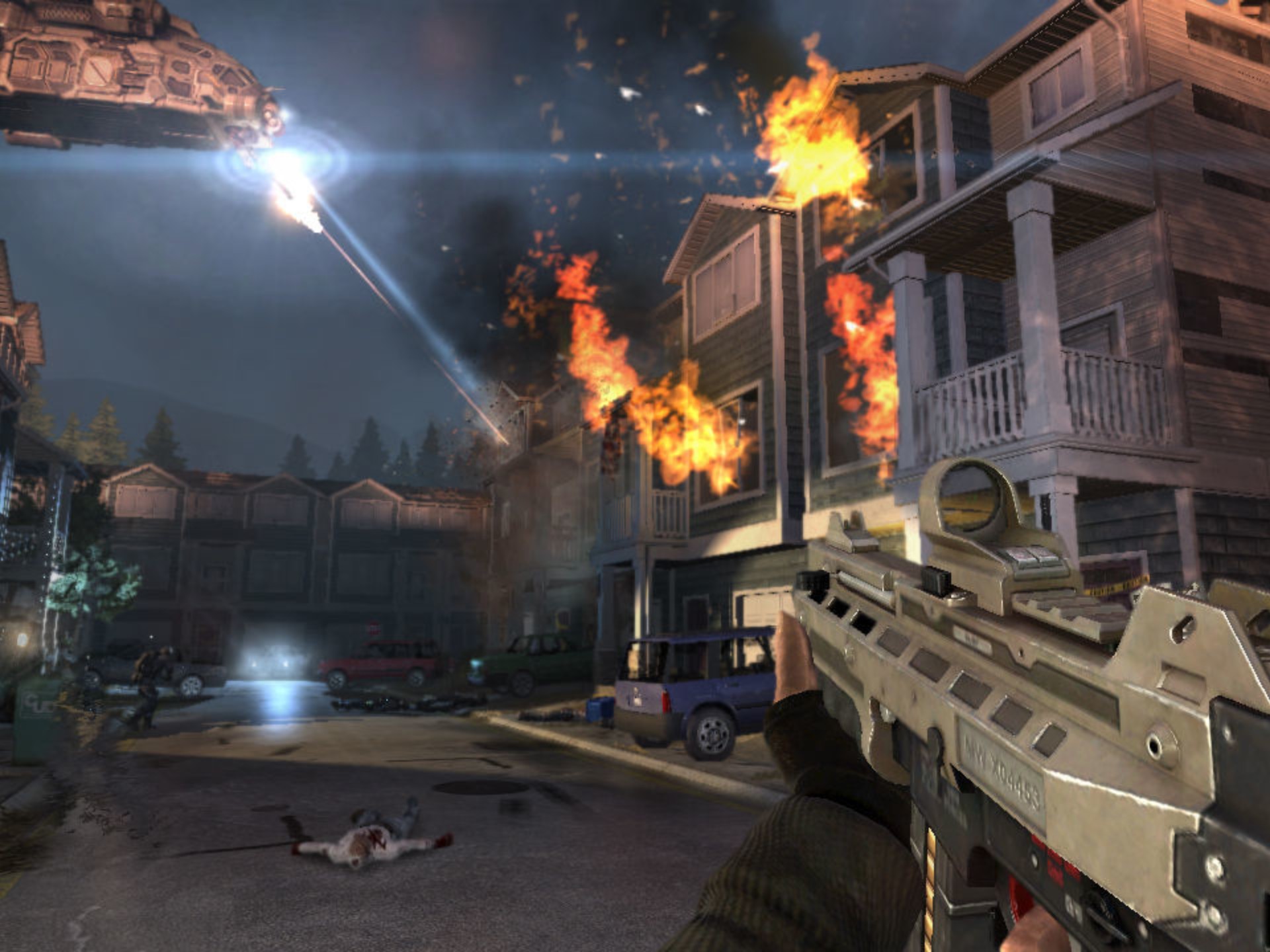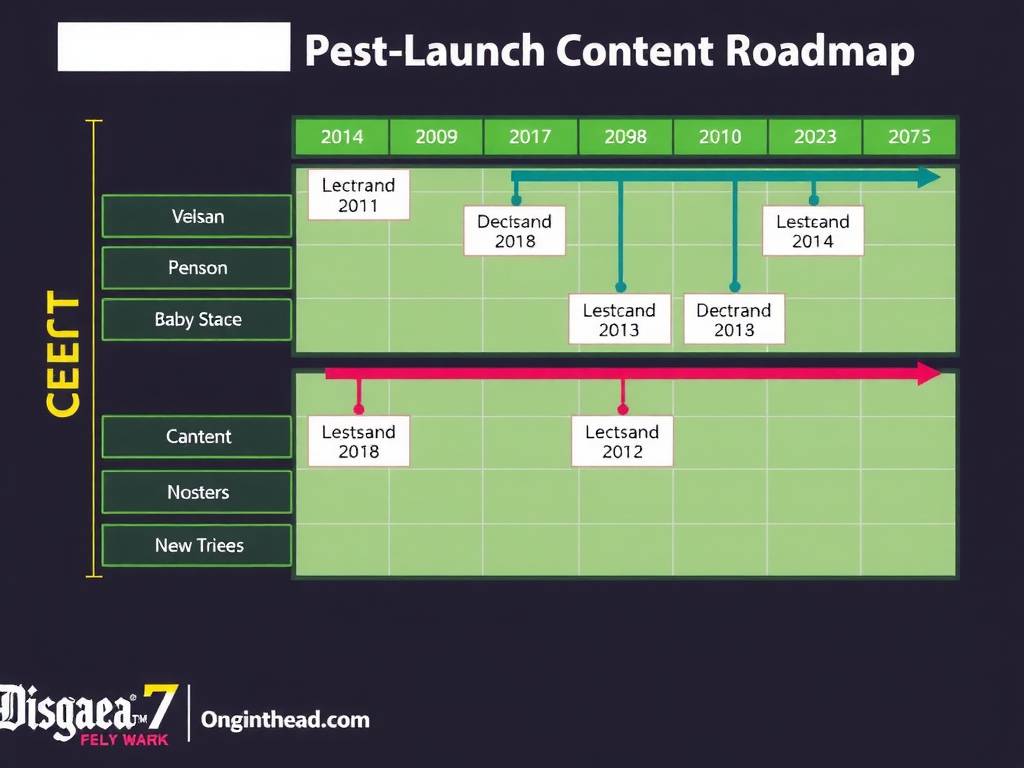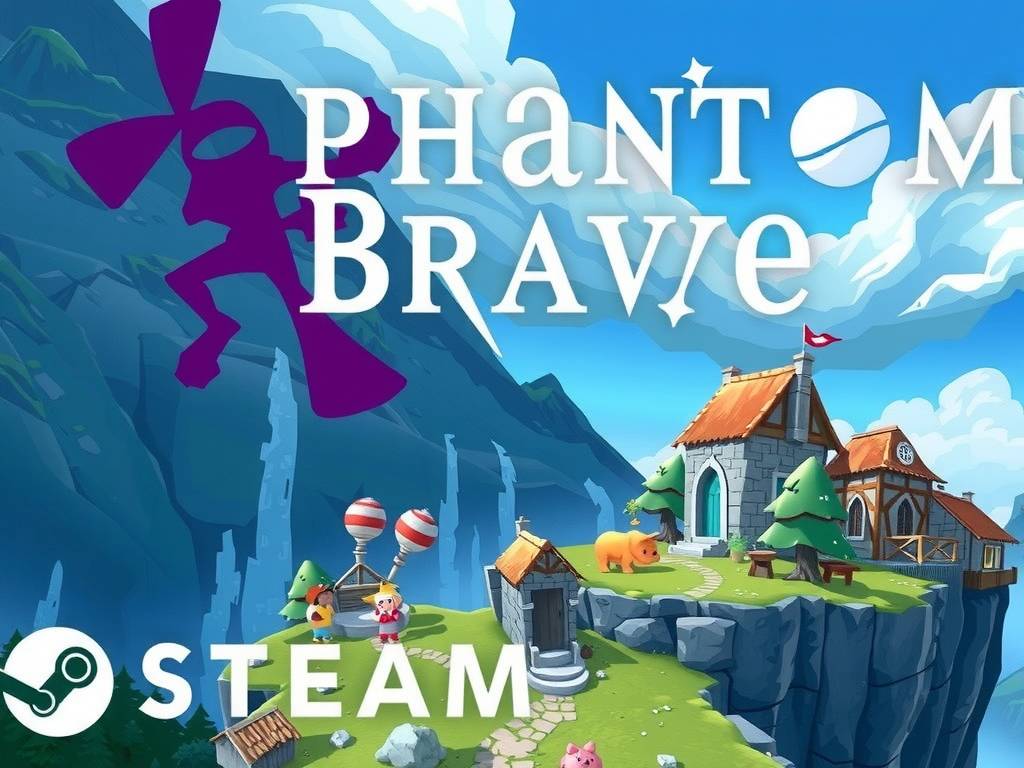In the frenetic, ever-churning ecosystem of the video game industry, news cycles move at breakneck speed. Headlines blast announcements of triple-A blockbusters, indie darlings surprise-drop on digital storefronts, and updates on long-awaited sequels flash across social media feeds. For the average observer, game news can often feel like a superficial stream of trailers and release dates. Yet, beneath this surface-level churn exists a different stratum of journalism: deep game news. This is the long-form analysis, the investigative reporting, the developer interviews that go beyond PR talking points, and the critical essays that contextualize games within broader cultural conversations. To understand its true value, one must look beyond the metrics of clicks and views and instead listen to the players who actively seek it out.

For dedicated players, deep game news is far more than mere information; it is a crucial tool for informed participation in gaming culture. The modern gaming experience extends far beyond the time spent with a controller in hand. It encompasses community discussion, theory-crafting, content creation, and a constant negotiation of one's identity as a gamer. Superficial news offers a topic of conversation—"Did you see the new trailer?"—but deep game news provides the substance. It equips players with the context and vocabulary to engage meaningfully.
"When I read a well-researched piece on the development hurdles a studio faced, or an interview where a lead designer explains their philosophical approach to game mechanics, I don't just have a fact," says Mark, a long-time RPG enthusiast. "I have a lens through which to view the game itself. It transforms my playthrough from a passive consumption into an active dialogue with the work. I'm noticing the nuances they discussed, understanding why certain design choices were made, and appreciating the craft on a much deeper level."
This sentiment is echoed by many who find that deep journalism enriches the gameplay itself. An investigative report on the technical challenges of creating a seamless open world, for instance, allows a player to appreciate the engineering marvel they are interacting with, even if they never encounter a bug. A critical essay on the narrative themes of a beloved franchise can illuminate subtext and symbolism a player might have otherwise missed, transforming a good story into an unforgettable one.
Furthermore, in an era dominated by live-service games, constant updates, and evolving online ecosystems, deep game news serves as an essential compass. Patch notes are often dense and written in technical shorthand. A deep dive article that analyzes balance changes in a competitive shooter or new economy mechanics in an MMO translates developer intent into practical understanding for the community.
Sarah, an avid Destiny 2 player, explains this value succinctly: "Bungie will release a patch note that says ‘reduced weapon X’s damage by 15% against minor enemies.’ That’s data. What I need is analysis. Why was this done? How does it fit into the overall meta? What was the developer’s goal for the health of the game? Journalists and expert commentators who have sources and the historical context provide that analysis. They help me understand not just what changed, but why, which helps me adapt my strategies and stay engaged instead of just getting frustrated."
This role of deep news as a translator and context-provider is perhaps its most underrated function. It bridges the gap between the developer's vision and the player's experience, fostering a healthier and more informed community.
Perhaps the most significant value players place on deep game news is its role in fostering critical consumption. The video game industry, while a source of incredible art and entertainment, is also a multi-billion dollar business fraught with issues of labor practices (e.g., "crunch"), predatory monetization, and corporate misconduct. Surface-level gaming media often glosses over these issues to maintain access to studios and advertising revenue.
Deep game news, particularly investigative journalism, is the primary means by which these stories reach the player base. Reports on workplace culture at major studios, analyses of the psychological tricks employed by certain monetization schemes, and exposes on fraudulent practices empower players to make ethical decisions with their wallets and their time.
"For a long time, I just bought games I thought looked fun," reflects Alex, a casual gamer. "But after reading a series of articles about the brutal crunch periods developers were subjected to, it changed my perspective. I now actively seek out information about a studio's reputation before I buy. I want to support companies that treat their employees well. That kind of journalism made me a more conscious consumer. It’s not about boycotting everything; it’s about being aware of the human cost behind the entertainment."
This awareness creates a more discerning and responsible community. Players who engage with deep news are better equipped to critique not just the art of games, but the industry that produces them. They can champion studios that prioritize ethical practices and healthy working conditions, applying pressure that can lead to meaningful change.
In conclusion, while the flashy headlines and rapid-fire announcements serve their purpose in generating excitement, the enduring value of games journalism lies in its depth. For players, deep game news is not a luxury; it is an integral part of the modern gaming experience. It is the catalyst for richer play, the guide through complex live-service landscapes, and the foundation for a more critical and ethical engagement with the medium. It transforms players from passive audiences into informed participants, shaping a culture that values not only what games are, but how and why they are made. In the pursuit of understanding this multi-faceted art form, deep news is not just valuable—it is indispensable.






发表评论